Indigenous groups vow to be heard after ‘racist’ referendum result
Indigenous leaders break their post-referendmum week of silence with accusations of racism, ‘occupation’ and ignorance towards No voters.
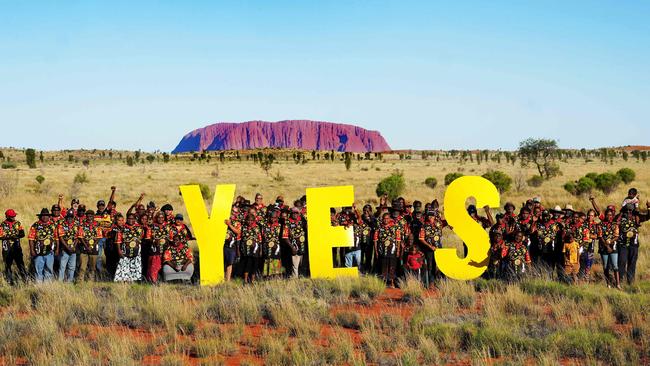
The leaders of the Yes campaign have flagged their intention to establish an Indigenous voice despite the referendum’s defeat, as a week of silence ended with accusations of racism, dishonesty and ignorance towards No voters.
In a statement released late on Sunday, a group that described itself as Aboriginal and Torres Strait Islander leaders, community members and organisations that supported Yes said it was now clear that no constitutional change recognising Indigenous Australians would ever succeed.
In a sign the Indigenous affairs debate will increasingly turn to treaty in the wake of the referendum defeat, the statement addressed the “occupation” of an Australia that belonged to Indigenous people.
“We accept that the majority of non-Indigenous voting Australians have rejected recognition in the Australian Constitution. We do not for one moment accept that this country is not ours,” the statement said. “It is the legitimacy of the non-Indigenous occupation in this country that requires recognition, not the other way around. Our sovereignty has never been ceded.”
The statement said a voice was “sorely needed” in the pursuit of First Nations rights.
“We want to talk with our people and our supporters about establishing – independent of the Constitution or legislation – an Aboriginal and Torres Strait Islander voice to take up the cause of justice for our people,” the statement said.
“Rejection of constitutional recognition will not deter us from speaking up to governments, parliaments and to the Australian people.”
The referendum’s defeat, the statement said, meant Indigenous people remained excluded from the Constitution as originally intended by the nation’s founding fathers.
“A ‘founding document’ without recognition of First Peoples of this country continues the process of colonisation,” the statement said. “It is clear no reform of the Constitution that includes our peoples will ever succeed. This is the bitter lesson from 14 October.”
The statement was also scathing of the conduct of the Coalition, the No campaign and the media.
The decision by Peter Dutton and Nationals leader David Littleproud to oppose the voice ended more than a decade of bipartisan support for the reform, they said.
“The proposal was tracking 60 per cent support compared to 40 per cent opposition for several years until the National and Liberal parties preferred wanton political damage over support for some of this country’s most disadvantaged people,” they said.
“There was little the Yes campaign could do to countervail this.”
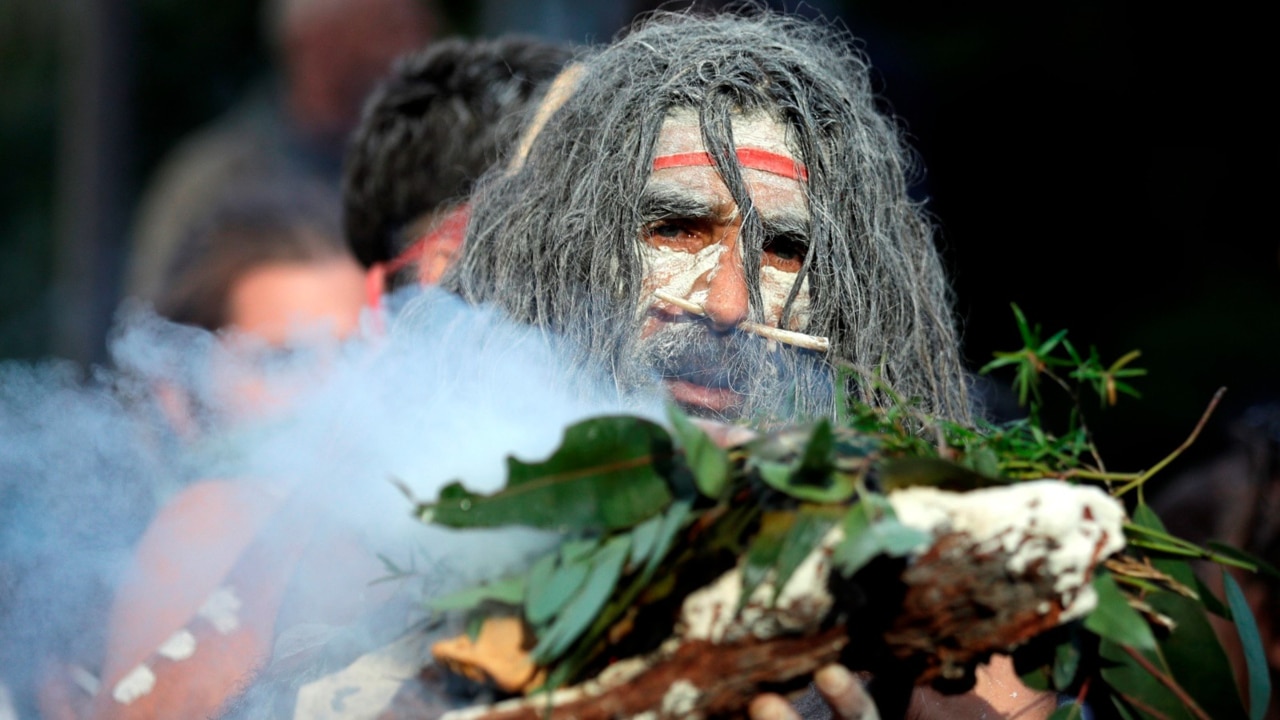
Mr Littleproud on Sunday night said while he understood the disappointment of some Yes leaders, the referendum result was “a democratically determined outcome the country made”.
“The loss of the referendum lays squarely at the feet of the Prime Minister,” he said. “He misread the nation by putting forward a proposal that conflated recognition with more bureaucracy.”
Lies were a primary feature of the campaign, the statement said, saying that the No campaign was funded and resourced by conservative and international interests with no genuine interest in Australia’s Indigenous people.
“The scale of deliberate disinformation and misinformation was unprecedented, and it proliferated, unchecked, on social media, repeated in mainstream media and unleashed a tsunami of racism against our people,” they said. “We know that the mainstream media failed our people, favouring ‘a false sense of balance’ over facts.”
Racism against Aboriginal and Torres Strait Islander people had increased during the campaign and was a powerful driver of the No campaign.
While the authors of the statement were not listed, the document was distributed by the public relations agency that had been working with the Uluru Dialogue throughout the Yes campaign.
It’s understood that while up to 60 Indigenous leaders were involved in the drafting of the document, not all those involved endorsed the final statement.
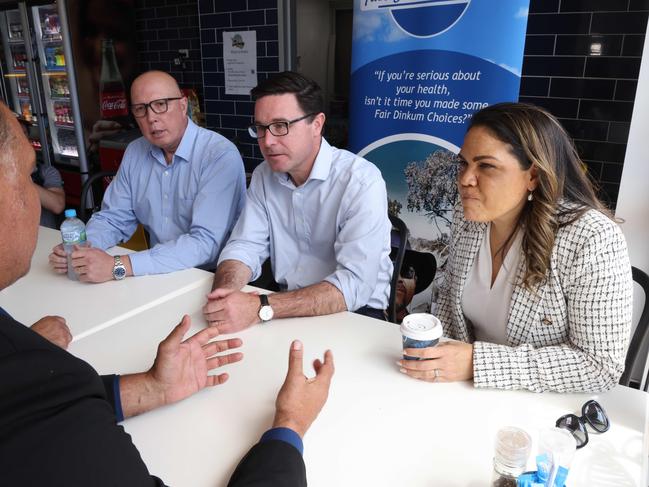
Sean Gordon, a co-convenor of the Liberals for Yes campaign, said the statement was written by a collective of leaders as a response to all Indigenous people. He said signatures were deliberately not attached so as to allow Indigenous people to share and take ownership of the statement.
The Australian revealed last week that Indigenous groups in the Kimberley and Pilbara regions of Western Australia had already begun discussions about developing voice-like bodies at a local levels, buoyed by voting results that showed strong support for the referendum in predominantly Indigenous communities.
Those voices would sit outside legislation and would work to deliver outcomes originally envisaged under a constitutionally enshrined voice.
Earlier on Sunday, the Central Land Council, which represents Aboriginal communities in the southern half of the Northern Territory, said the referendum result showed Aboriginal and Torres Strait Islander people were united in knowing what they needed and that things needed to change.
“The CLC will never stop advocating for our rights,” the group said. “We will keep fighting for equality, fighting for land, fighting for water, fighting for housing, infrastructure, good jobs, education, closing the gap – a future for our children.”
The organisation said its people were “grieving” the referendum result. “Those of us who have been around for a long time recognise how it feels. We have been here before,” it said.
“We are sad, but we know that we must stay strong. Others in our communities, especially young people, are in shock and disbelief. We need to work together and support each other.”
Three more groups – the Northern Land Council, Tiwi Land Council and Anindilyakwa Land Council – issued a joint statement in which they said the result could not be separated from “a deep-seated racism”.
“The vitriol and hatred that were part of the campaign existed prior to it, but were given licence through the process,” the groups said. “The overarching theory we are incapable of managing our own affairs is dehumanising, degrading and … deeply flawed.”
Tiwi Land Council chair Gibson Farmer said the referendum result underscored the need for a way forward that ensured Indigenous voices were not only heard but respected when governments made decisions.
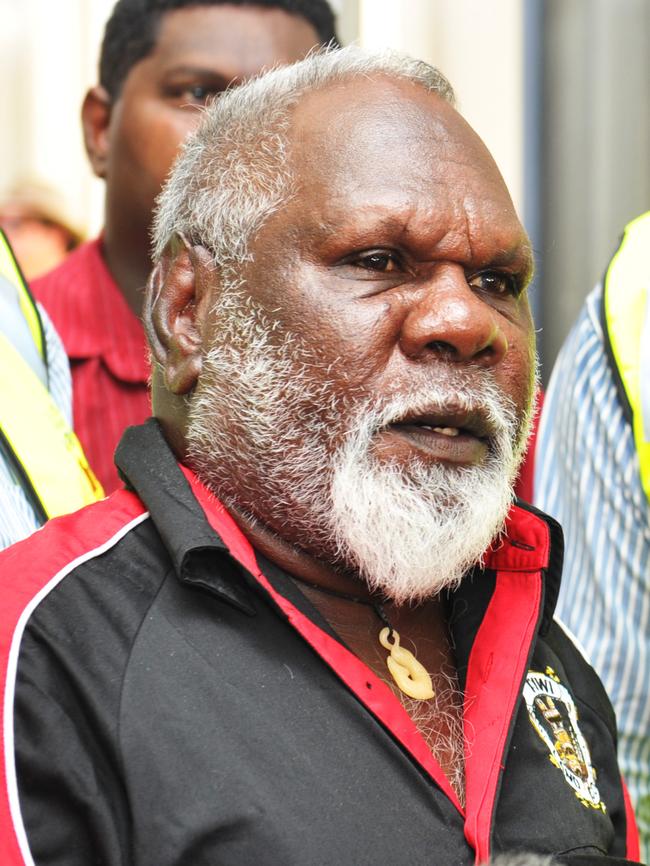
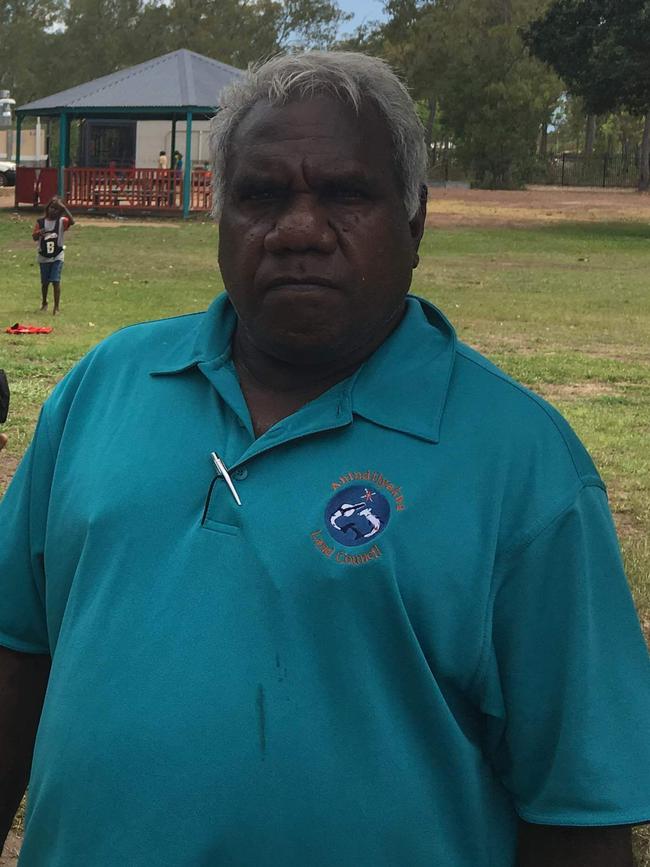
That view was echoed by Tony Wurramarrba, the chair of the Anindilyakwa Land Council. “We ask for and will continue to expect engagement and partnership”, Mr Wurramarrba said.
The Polly Farmer Foundation issued a statement saying the group was saddened by the result.
“Fundamental to improving outcomes for Aboriginal people is that they are recognised and have a voice to determine the best way forward,” foundation chair Mandy Gadsdon and vice-chair Kim Farmer said. “We will stand strong and resilient and will continue to work together on Polly’s vision to support Aboriginal young people ‘to take their rightful place in Australian society’.”
Uluru Dialogue member and Griffith Law School lecturer Eddie Synot – a prominent voice on the referendum in the lead-up to the vote – described the result as “shameful act” that had betrayed Indigenous people again.
“Reconciliation is dead. Any salvo towards remaining goodwill or concern for hardened hearts as a response to yet another betrayal of Aboriginal and Torres Strait Islander people by Australians is nothing but the sound of the final, rusted nails being driven into the reconciliation coffin,” he said.
“Our relationship continues, but the era of reconciliation is over. Let there be no mistake about it.”
The result, he said, pointed to a fundamental failure among No voters to understand, accept and recognise Aboriginal and Torres Strait Islanders as Australia’s First People. “We have been betrayed again by a country that refuses to recognise us, our history and our rights, and refuses justice to our people, who suffer unlike any other,” he said.
“Worse, that refusal comes under the false banner of equality, unity and supposed anti-racism.”



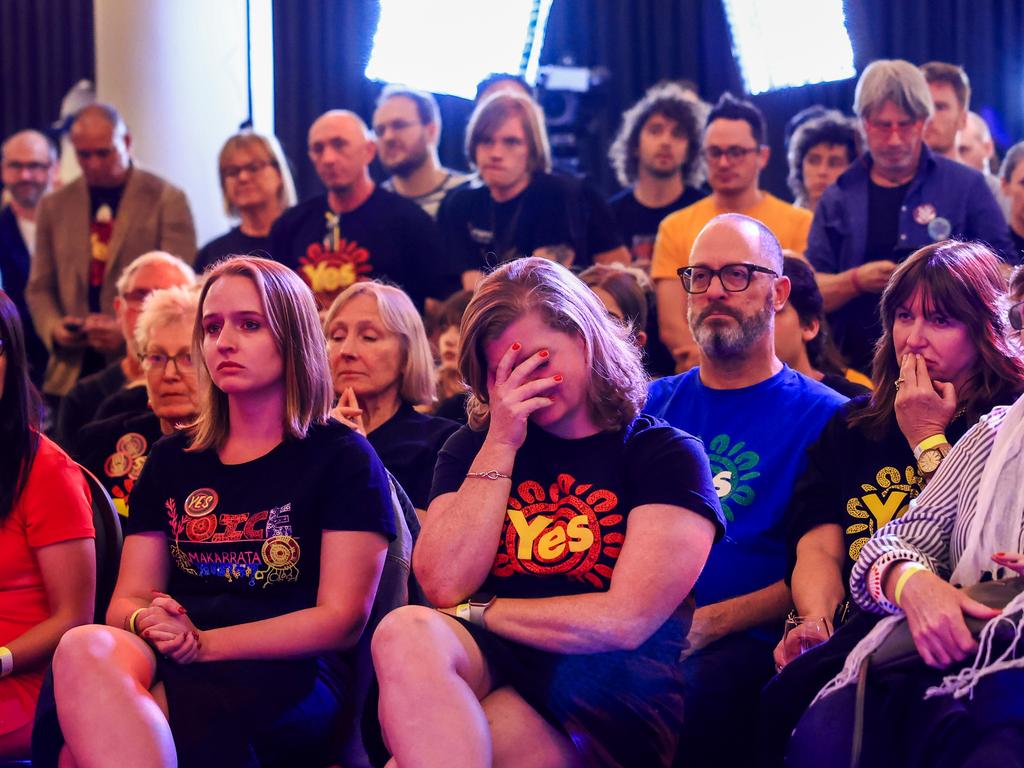

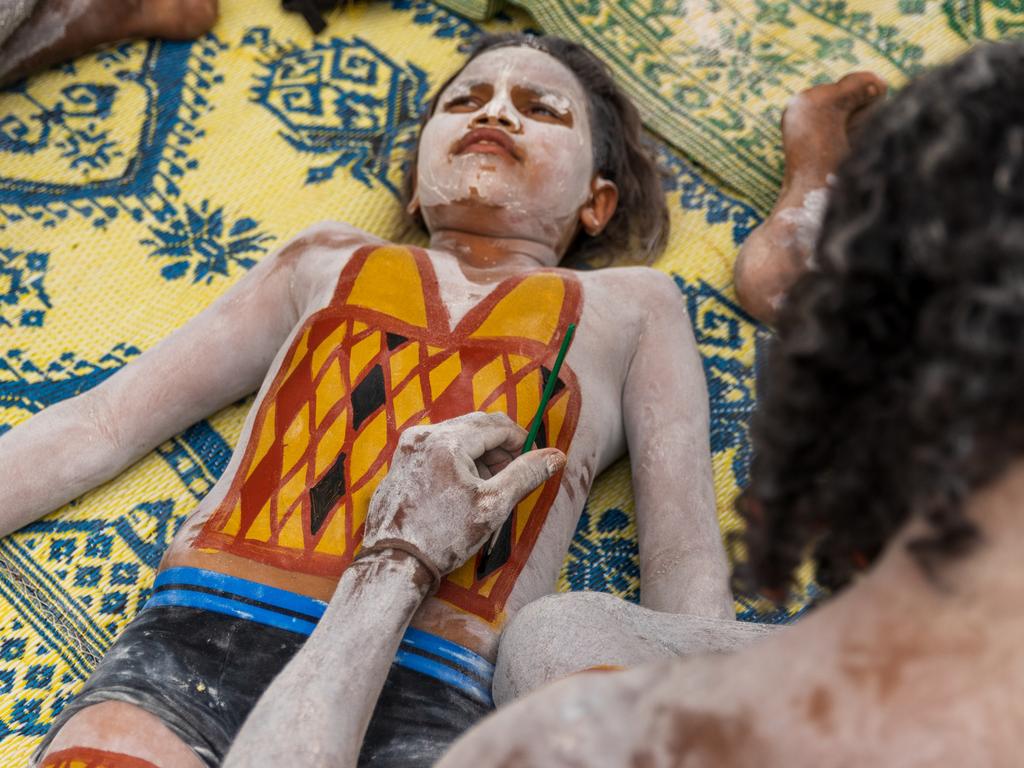


To join the conversation, please log in. Don't have an account? Register
Join the conversation, you are commenting as Logout